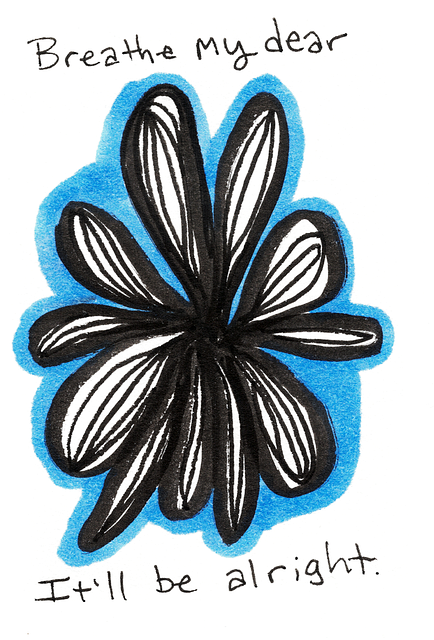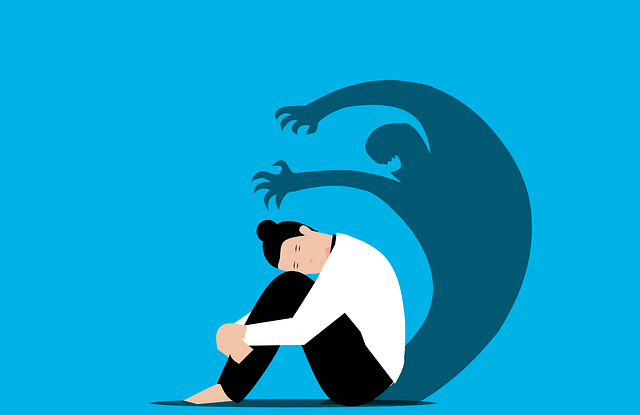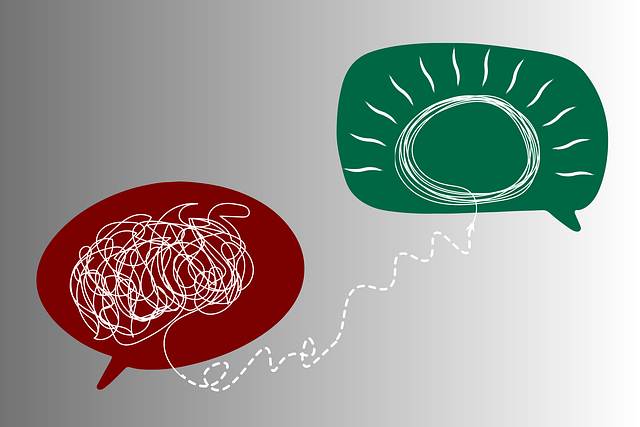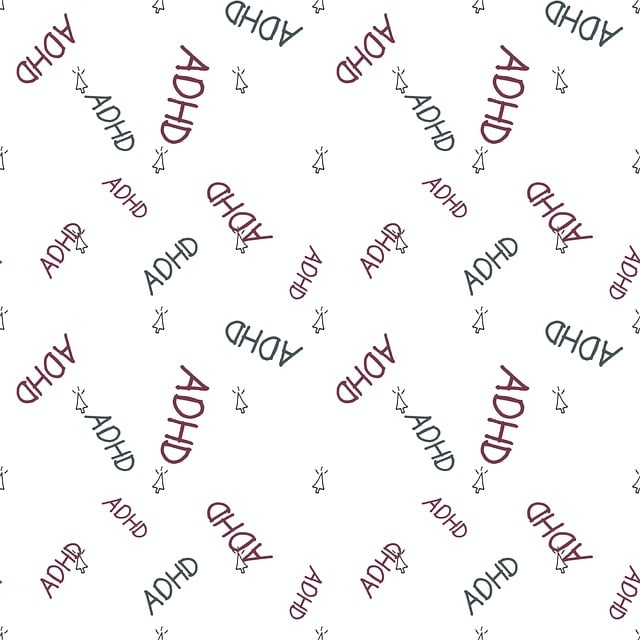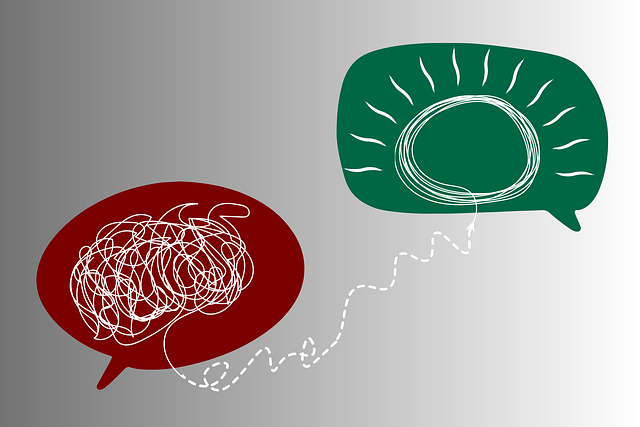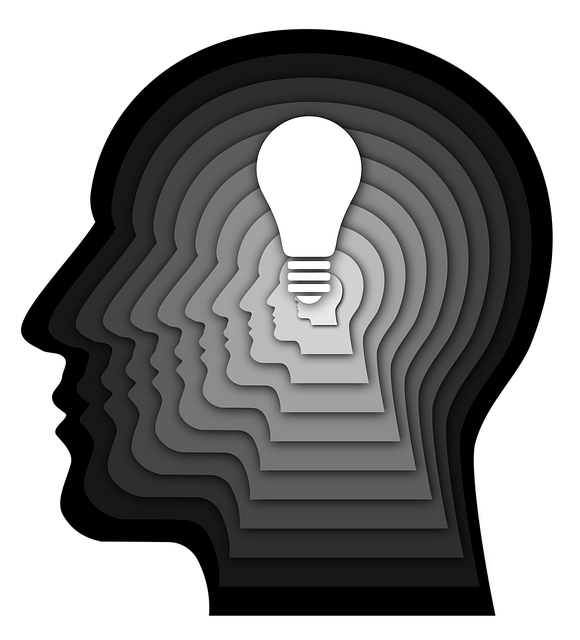Mental Wellness Journaling, a core practice within Englewood Psychosis Therapy, empowers individuals to explore their thoughts and emotions through regular written reflections. By documenting daily experiences, users gain profound self-awareness, foster emotional healing, and contribute to Mental Health Awareness. Effective journaling involves creating a dedicated space, using prompts for introspection, and personalizing the practice with culturally sensitive elements. Structured entries balance reflection with detailed accounts of the day's events, encouraging honest self-exploration. Consistency is key, as regular journaling allows individuals to track mental wellness progress, identify patterns, and develop personalized coping strategies, ultimately enhancing overall well-being.
“Unwind your mind and embark on a journey of self-discovery with Mental Wellness Journaling, a practice backed by Englewood Psychosis Therapy. This comprehensive guide explores how journaling can be a powerful tool for managing mental health. From understanding its therapeutic benefits to mastering effective techniques, we’ll navigate through the process step by step. Learn to prepare your space, structure entries, and reflect on your progress, all while leveraging the expertise of Englewood Psychosis Therapy for personal growth.”
- Understanding Mental Wellness Journaling: An Englewood Psychosis Therapy Approach
- Preparing for Your Journaling Practice: Essential Tools and Materials
- Structuring Your Entries: What to Include and How Often
- Techniques for Effective Journaling: Tips from Englewood Psychosis Therapy
- Reflecting on Your Progress: Analyzing and Utilizing Your Journal for Personal Growth
Understanding Mental Wellness Journaling: An Englewood Psychosis Therapy Approach

Mental Wellness Journaling is a powerful tool that has gained prominence as an effective component of Englewood Psychosis Therapy. This therapeutic approach encourages individuals to explore their thoughts, emotions, and experiences through regular written reflections. By documenting daily life, users can gain profound insights into their mental health and well-being. It’s not just about recording events but also a means to process them, fostering self-awareness and emotional healing processes.
Englewood Psychosis Therapy leverages journaling to help individuals identify patterns in their thoughts and behaviors, which is crucial for burnout prevention. Through consistent practice, one can develop a deeper understanding of their mental health status, enabling early detection of potential issues and facilitating timely intervention. This simple yet profound exercise contributes significantly to Mental Health Awareness, empowering people to take charge of their emotional well-being.
Preparing for Your Journaling Practice: Essential Tools and Materials

Preparing for your journaling practice involves gathering essential tools and materials that will create a comfortable and conducive environment for reflection and self-exploration. Start by finding a quiet, personal space where you can be undisturbed for an extended period. This sanctuary should evoke feelings of calm and safety, allowing your thoughts to flow freely without distraction.
Invest in a high-quality journal tailored to your preferences, whether it’s leather-bound or eco-friendly paper. Consider adding colorful pens, pencils, or markers to make your entries visually appealing and engaging. Incorporate prompts or questions that resonate with you, encouraging introspection and fostering self-care routine development for better mental health. Remember, the goal is to create a space where you can honestly express yourself without judgment, aligning with the mind over matter principles advocated by Englewood Psychosis Therapy. Infuse your practice with cultural sensitivity in mental healthcare practice by incorporating elements that reflect your personal heritage or interests, making your journaling experience uniquely yours.
Structuring Your Entries: What to Include and How Often

When structuring your mental wellness journal entries, consider including a mix of reflections and specific details. Begin with a brief description of your emotional state and any significant events that occurred during the day. For instance, you might write about a challenging conversation with a colleague or a moment of deep connection with a friend. Then, delve into your thoughts and feelings associated with these events.
Aim for consistency in your journaling practice, but be flexible. Some days may call for longer entries due to heightened emotions or significant experiences. Other days, shorter reflections might suffice. The goal is to create a safe space where you can honestly explore your mental landscape. Englewood Psychosis Therapy emphasizes this consistent yet adaptable approach, mirroring the self-esteem improvement journey that often involves navigating complex emotions and experiences. Remember, even brief entries can be valuable, especially when coupled with regular reflection, as they contribute to Mental Illness Stigma Reduction Efforts by fostering self-awareness and cultural competency among healthcare providers through their unique insights.
Techniques for Effective Journaling: Tips from Englewood Psychosis Therapy

Englewood Psychosis Therapy offers valuable insights into effective journaling practices for mental wellness. One key technique is to set a consistent routine. Journaling becomes a powerful tool when done regularly, allowing individuals to track their thoughts and emotions over time. Consistency fosters self-awareness, enabling one to identify patterns and triggers for stress or anxiety.
Moreover, Englewood recommends incorporating specific questions into journaling entries. Prompting yourself with open-ended queries encourages reflection. For instance, “What am I grateful for today?” or “How did I respond to a challenging situation?” Such strategies facilitate empathy building by promoting self-reflection and understanding of one’s reactions. Additionally, these questions can lead to effective communication strategies, as journaling provides an intimate space to express oneself honestly, laying the groundwork for more open dialogue in other aspects of life.
Reflecting on Your Progress: Analyzing and Utilizing Your Journal for Personal Growth

Englewood Psychosis Therapy recommends journaling as a powerful tool for self-reflection and personal growth. By regularly analyzing your written thoughts and experiences, you can gain valuable insights into your mental wellness journey. Each entry serves as a snapshot of your emotions, challenges, and achievements, allowing you to track your progress over time. This process enables you to identify patterns, triggers, and coping mechanisms that have emerged, facilitating a deeper understanding of yourself.
Through mindful reflection, you can uncover themes that resurface in your journal, indicating areas that require further attention. For instance, consistent mentions of stress or anxiety might prompt you to explore effective burnout prevention strategies, while recurring thoughts about mindfulness meditation could inspire you to incorporate such practices into your daily routine. Utilizing your journal as a guide, you’ll be equipped to make informed decisions and develop personalized strategies for optimal mental wellness, ultimately fostering resilience and enhancing overall well-being.
Englewood Psychosis Therapy emphasizes the power of self-reflection through mental wellness journaling as a transformative tool. By combining structured entries with expressive techniques, individuals can navigate their thoughts and emotions effectively. Regular practice, guided by this approach, fosters personal growth and enhances overall well-being. Incorporating these journaling insights into daily life can lead to profound self-discovery and resilience, making it an invaluable resource for anyone seeking to nurture their mental health.




